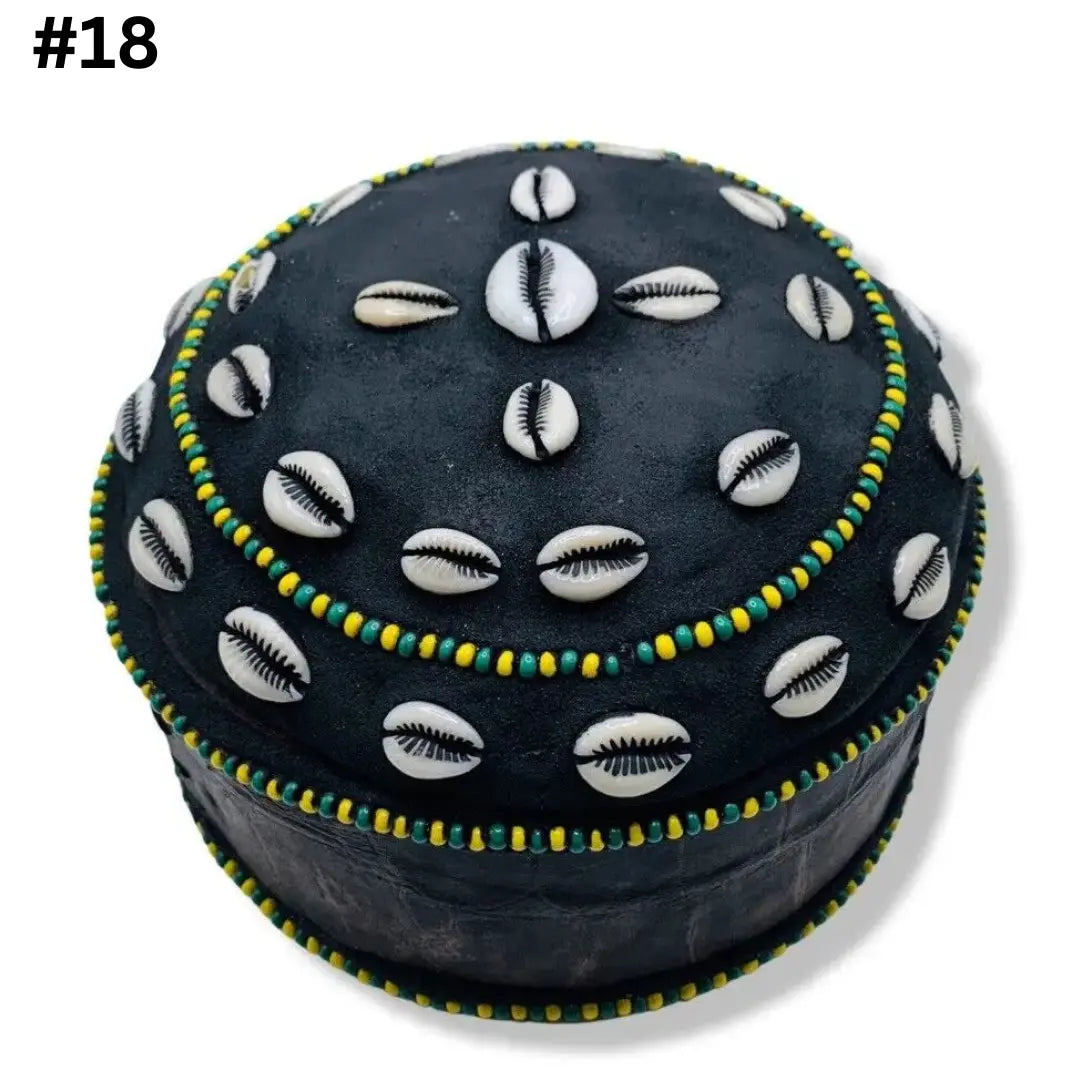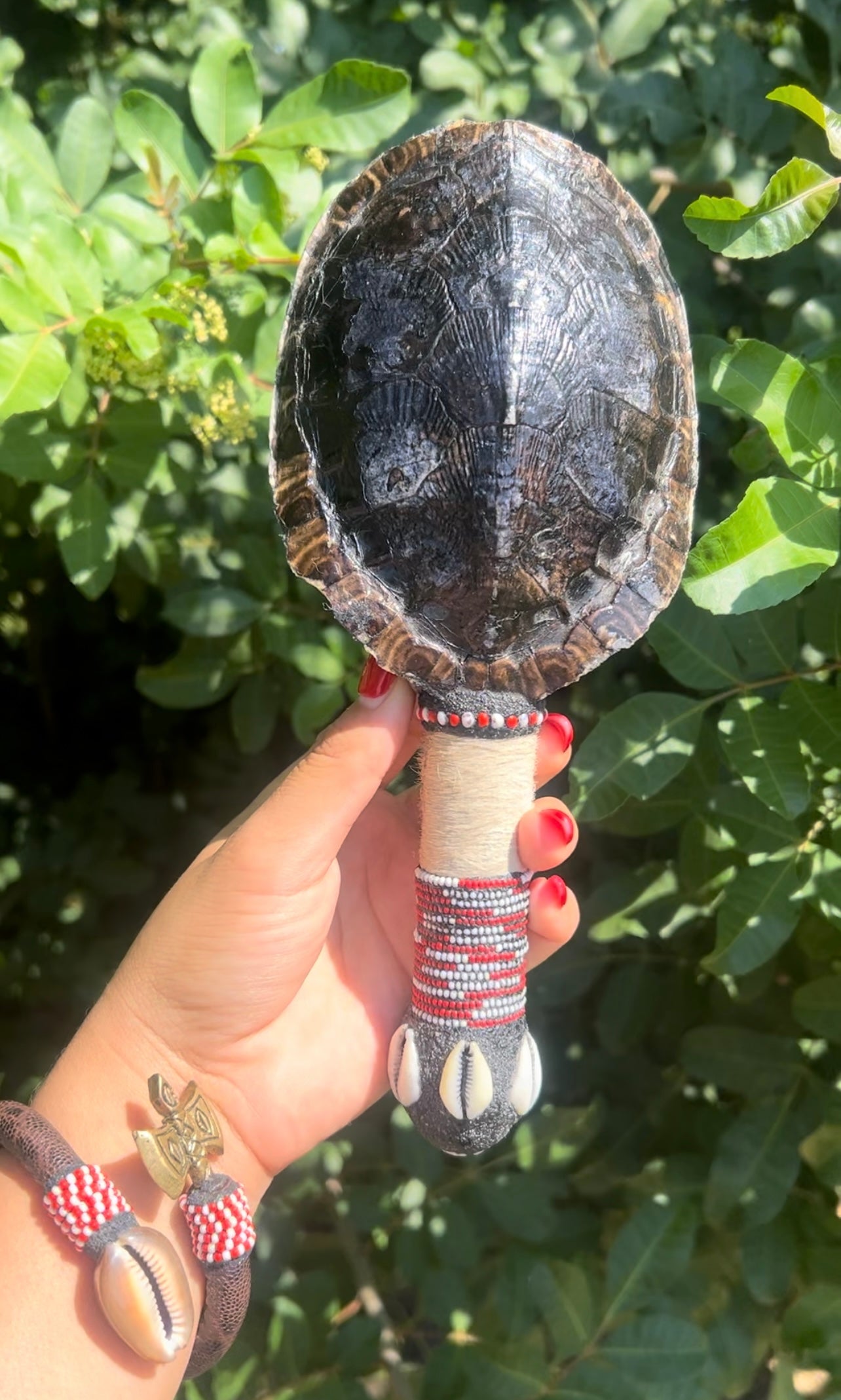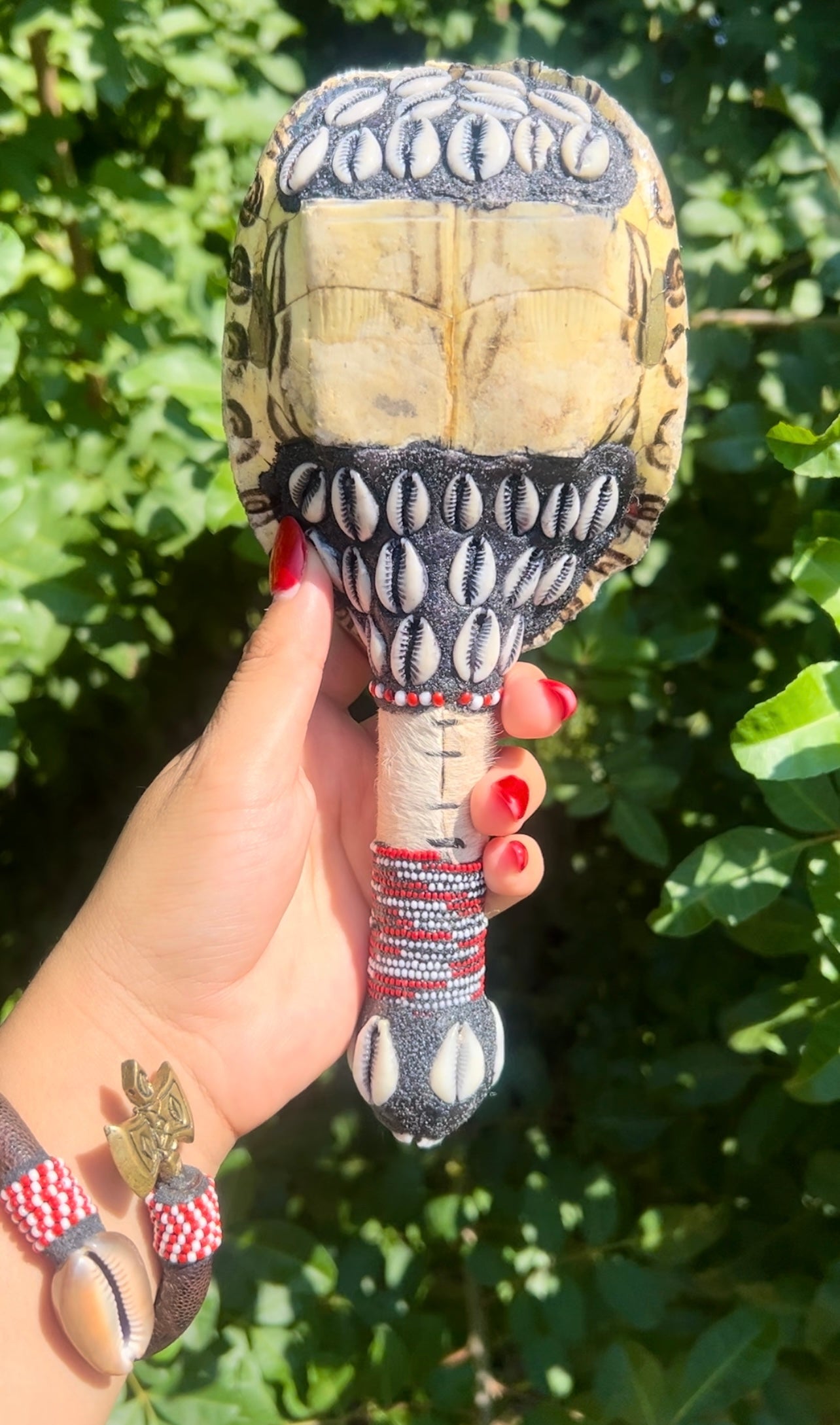Who are Ibeji?
Ibeji are the revered twin Orishas in the Yoruba religion, known for their association with twins, childhood, joy, and protection. They are often depicted as two young children, symbolizing innocence, playfulness, and the special bond shared by twins. Ibeji's presence is felt in homes with children and twins, guiding those seeking joy, protection, and harmony.
Ibeji in Yoruba Religion In Yoruba tradition, Ibeji are central figures associated with the blessings and challenges of twin births. They are known for their ability to bring joy, protection, and prosperity to families with twins. Ibeji's influence extends to all aspects of childhood and family life, providing blessings and support to their followers.
Attributes and Symbols of Ibeji
Symbols Associated with Ibeji Ibeji's symbols include twin dolls, small drums, and mirrors. These items are often used in rituals to honor them and seek their blessings.
Colors and Numbers Colors Ibeji's colors are red and Blue, representing vitality and purity. These colors are prominently featured in their altars, clothing, and offerings.
Numbers The number two is sacred to Ibeji, reflecting their dual nature and the bond between twins.
Offerings to Ibeji Favorite Offerings Ibeji enjoy offerings that reflect their connection to childhood and joy. Common offerings include sweets, fruits, and toys. Additionally, items such as red and white candles, small drums, and twin dolls are favored by them.
Rituals and Practices Rituals dedicated to Ibeji often involve elements of playfulness and protection. Devotees may create altars with their symbols, perform dances, and offer prayers for the well-being of children and twins.
Ibeji in Syncretism
Ibeji and Catholicism Syncretized Saint In the syncretic practices of Santeria, Ibeji are often associated with Saints Cosmas and Damian. This connection blends Yoruba and Catholic traditions, allowing practitioners to honor both their African heritage and Christian faith.
Different Paths of Ibeji Ibeji Ayaba Ibeji Ayaba represents the aspect of Ibeji associated with royal twins and noble birth. This path is invoked for blessings of nobility and prosperity.
Ibeji Agbo Ibeji Agbo embodies the aspect of Ibeji linked to playful and mischievous twins. This path is called upon for joy and protection in childhood.
Stories and Myths of Ibeji
Ibeji and the Blessings of Twins One of the famous myths tells of Ibeji's ability to bring blessings and prosperity to families with twins. This story emphasizes their role as protectors and benefactors of twins.
Ibeji and the Joy of Childhood Ibeji are also known for their association with the joys and challenges of childhood, often depicted as playful and protective figures. Myths often depict them bringing happiness and protection to children.
Ibeji and the Orishas Ibeji's relationships with other Orishas, such as Oshun and Shango, highlight their role in the pantheon as supporters of joy, protection, and family life.
How to Invoke Ibeji
Invoking Ibeji through Offerings To invoke Ibeji, prepare an altar with their symbols: twin dolls, small drums, and mirrors. Offer these gifts with a sincere heart, asking for their guidance and blessings in joy and protection.
Prayers and Chants Prayers to Ibeji often involve chanting and rhythmic movements. Simple phrases like "Ibeji, Orishas of twins and childhood, bless me with your joy and protection" can be repeated, accompanied by rhythmic clapping or drumming.
Ibeji's Festival Days Ibeji's feast day is celebrated on September 27th, coinciding with the feast of Saints Cosmas and Damian. This day is marked by ceremonies involving rituals of joy and protection, offerings, and prayers for the well-being of children and twins.
Ibeji in Modern Practice
Ibeji in Diaspora Ibeji's worship has spread beyond Africa, finding a home in the Americas and the Caribbean through the African diaspora. Their presence is strong in practices such as Santeria and Candomble, where they continue to be a source of joy, protection, and prosperity.
Ibeji in Contemporary Culture Ibeji's influence extends into contemporary culture, particularly in practices of childhood protection and family life. Practitioners often invoke their spirit to ensure joy, protection, and the successful upbringing of children.
The Importance of Ibeji in Personal Life
Joy and Protection Ibeji are often called upon for joy and protection. Whether seeking happiness in family life or safeguarding children, their energy promotes well-being and harmony.
Childhood and Family Life For those in need of support in childhood and family life, Ibeji provide their nurturing and joyful presence. Their energy ensures the successful upbringing of children and harmonious family dynamics.
Guidance and Support Ibeji's connection to twins makes them protectors of those seeking to understand and navigate the unique challenges of twin births. Devotees seek their help in ensuring the well-being and prosperity of twins.
Conclusion Ibeji, with their joyful and protective presence, offer guidance and blessings in various aspects of childhood and family life. From joy and protection to prosperity and support, their influence is profound and far-reaching. By understanding and honoring Ibeji, devotees can invite their joyful and supportive energy into their lives.

FAQs
What is the best way to offer tribute to Ibeji? The best way to offer tribute to Ibeji is by preparing an altar with their favorite items, such as sweets, fruits, and twin dolls. Perform rituals with a sincere heart and clear intentions.
How are Ibeji depicted in Yoruba art? Ibeji are often depicted as two young children, surrounded by symbols of playfulness and protection. These symbols reflect their joyful and protective nature.
What are the benefits of worshipping Ibeji? Worshipping Ibeji can bring numerous benefits, including enhanced joy, protection, prosperity, and support in childhood and family life. Their energy promotes well-being and harmony.
How do Ibeji influence modern culture? Ibeji influence modern culture through practices of childhood protection and family life. Their energy inspires joy and protection, and their stories and symbols are celebrated in various cultural expressions.
Can anyone invoke Ibeji, or do you need to be initiated? While anyone can honor Ibeji and seek their blessings, formal invocation and deep spiritual work often require initiation and guidance from knowledgeable practitioners.












